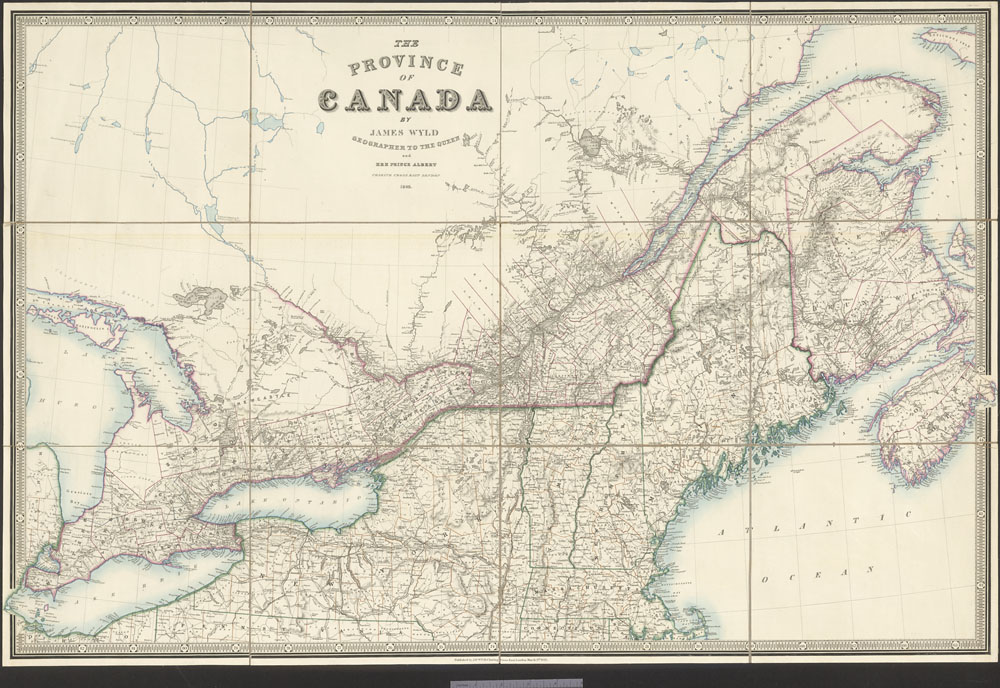Article
Property Law
Property, in the legal sense, can mean real property in the form of land and buildings, or personal, movable property. Property law — whether under the common law in most of Canada, or the Civil Code in Quebec — deals with a wide range of rights and obligations owing to individuals and governments, and has evolved enormously, particularly in fairness to women, since the 19th Century.







